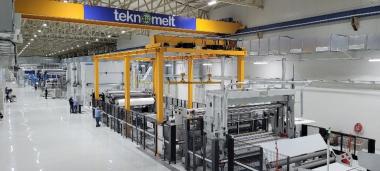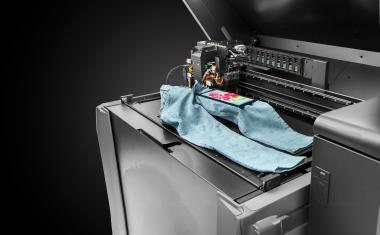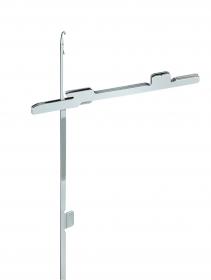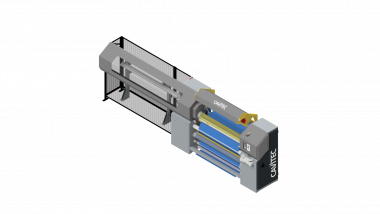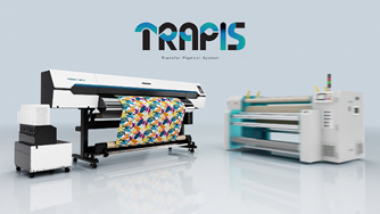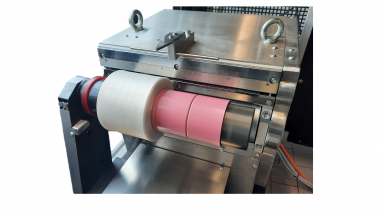Mahlo at ITM
Mahlo will be showcasing its comprehensive portfolio of solutions with its partner Masters Limited at the upcoming ITM trade show, scheduled from 4th to 8th June in Istanbul.
The Turkish textile industry continues to experience growth and innovation, making events like ITM crucial for industry players to connect and explore advancements. Fabric distortion remains a common challenge in textile production, impacting product quality and efficiency. Additionally, sustainability and resource optimization are increasingly vital considerations for manufacturers aiming to maintain profitability.
Mahlo offers a range of solutions tailored to different textile structures, from heavy carpets to delicate fabrics. The company's products encompass everything from distortion detection sensors to fully automated straightening systems, customizable to individual production requirements. Moreover, Mahlo's latest generation of straighteners, sensors, and control loops are equipped for Industry 4.0 integration, enabling remote access and real-time monitoring for enhanced efficiency and productivity.
As the textile industry continues to evolve, Mahlo remains at the forefront, providing innovative solutions to meet the changing demands of modern production.
Mahlo GmbH + Co. KG


















